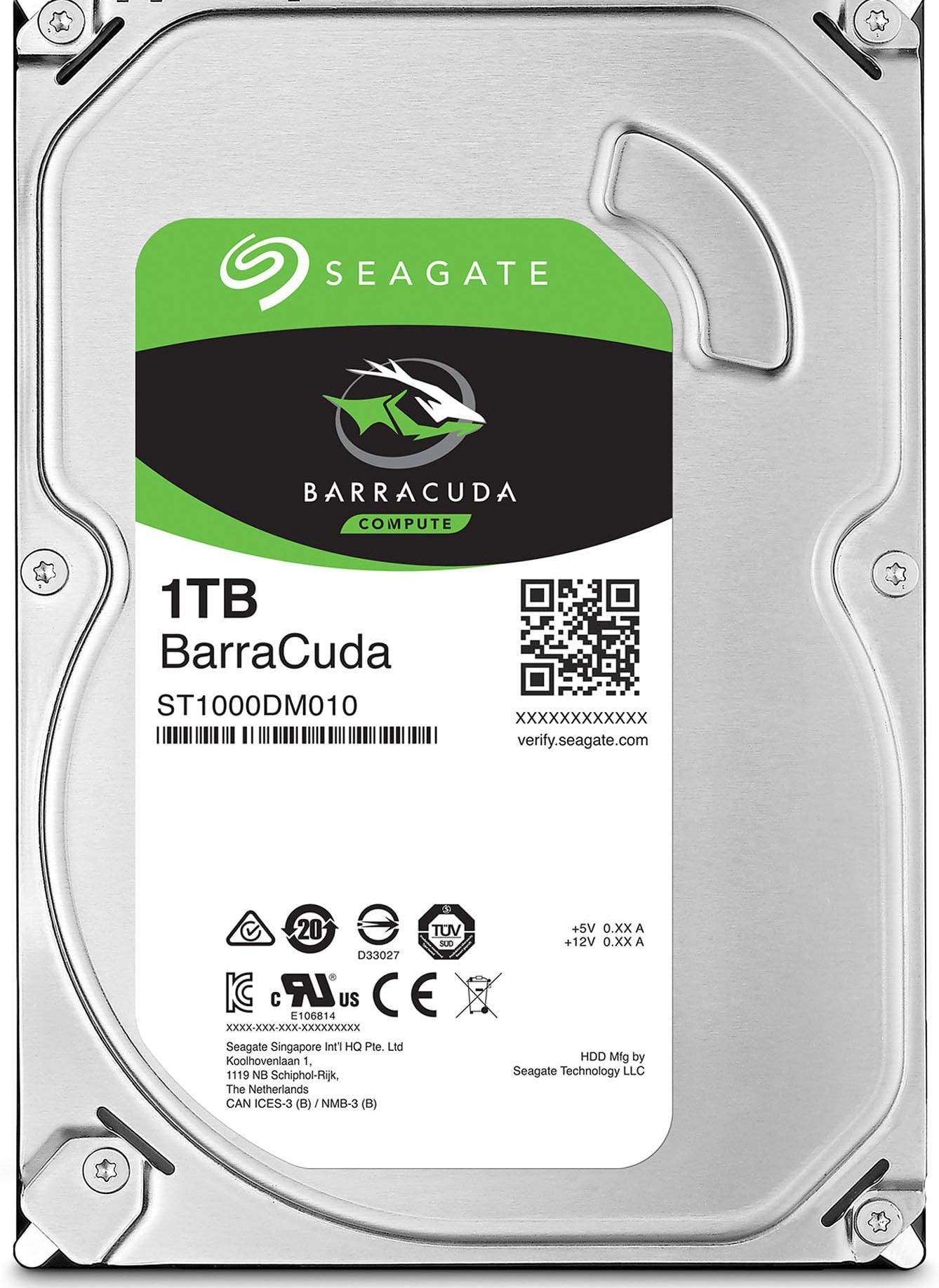Hard Drive vs SSD: Which is Better for Your Computer?
When it comes to choosing the right storage device for your computer, you have two main options: Hard Disk Drive (HDD) and Solid-State Drive (SSD). Both have their own strengths and weaknesses, and the right choice for you depends on your specific needs and preferences.
Hard Disk Drive (HDD)

A Hard Disk Drive is a traditional storage device that uses spinning disks and mechanical heads to read and write data. HDDs have been around for decades and are still widely used today.
Pros of HDD:
- Higher storage capacity: HDDs are available in larger storage capacities than SSDs, making them ideal for storing large files and data.
- Lower cost per GB: HDDs are generally cheaper than SSDs, making them a more affordable option for those who need a lot of storage space.
- Wide compatibility: HDDs are widely supported by most operating systems and devices.
Cons of HDD:
- Slower performance: HDDs have slower read and write speeds than SSDs, which can impact overall system performance.
- Mechanical failure: HDDs have moving parts that can fail over time, resulting in data loss and system crashes.
- Power consumption: HDDs consume more power than SSDs, which can impact battery life in laptops.
Solid-State Drive (SSD)
A Solid-State Drive is a newer type of storage device that uses flash memory to store data. SSDs are designed to provide faster performance and greater reliability than HDDs.
Pros of SSD:
- Faster performance: SSDs have much faster read and write speeds than HDDs, which can significantly improve overall system performance.
- Greater reliability: SSDs have no moving parts, which makes them less prone to mechanical failure and data loss.
- Lower power consumption: SSDs consume less power than HDDs, which can impact battery life in laptops.
Cons of SSD:
- Lower storage capacity: SSDs are generally available in smaller storage capacities than HDDs, which can limit their use for storing large files and data.
- Higher cost per GB: SSDs are generally more expensive than HDDs, which can make them a more costly option for those who need a lot of storage space.
- Limited write cycles: SSDs have a limited number of write cycles, which can impact their lifespan.
Comparison of HDD and SSD
Here’s a comparison of HDD and SSD: Feature HDD SSD Storage Capacity Up to 16TB Up to 4TB Read/Write Speed 100-200 MB/s 500-1000 MB/s Power Consumption 6-12W 2-5W Cost per GB $0.05-0.10 $0.10-0.20 Reliability Mechanical failure possible No moving parts, more reliable
Which is Better for Your Computer?
The choice between HDD and SSD depends on your specific needs and preferences. If you need a lot of storage space and are on a budget, an HDD may be the better choice. However, if you prioritize performance and reliability, an SSD may be the better choice.
Tips for Choosing the Right Storage Device
Here are some tips for choosing the right storage device:
- Consider your storage needs: If you need a lot of storage space, an HDD may be the better choice. However, if you prioritize performance and reliability, an SSD may be the better choice.
- Think about your budget: HDDs are generally cheaper than SSDs, but SSDs offer faster performance and greater reliability.
- Consider your usage: If you use your computer for basic tasks like browsing and email, an HDD may be sufficient. However, if you use your computer for demanding tasks like gaming and video editing, an SSD may be necessary.
Conclusion
In conclusion, the choice between HDD and SSD depends on your specific needs and preferences. While HDDs offer higher storage capacity and lower cost per GB, SSDs offer faster performance and greater reliability. By considering your storage needs, budget, and usage, you can choose the right storage device for your computer.

